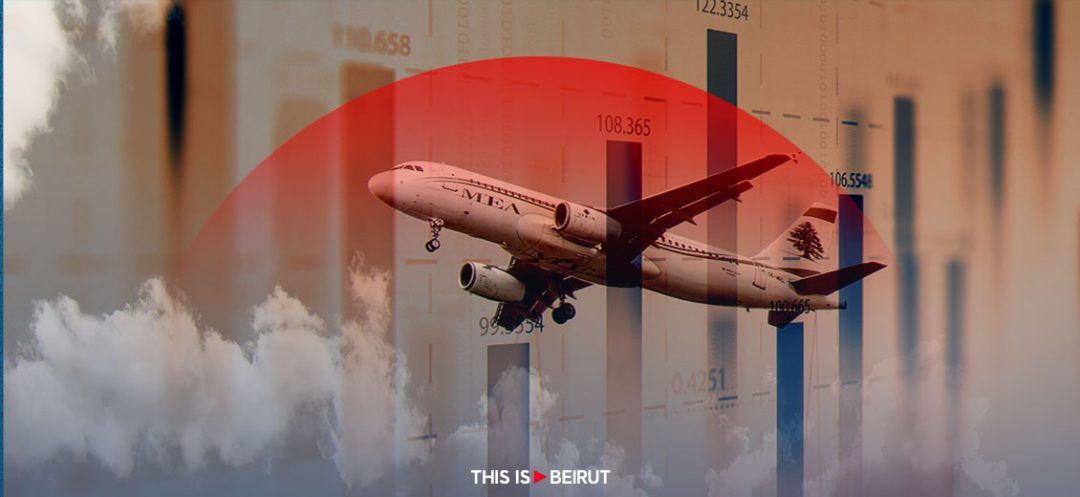
Despite the looming threat of war, the 2024 tourist season is off to a promising start. With a string of holiday weekends including Catholic and Orthodox Easter, Eid al-Fitr and Labor Day, the current month bodes well for the tourism sector. The signs are quite encouraging! Against all odds, Lebanese citizens abroad continue to flock back to Lebanon, a country renowned for its diverse spring scenery and inviting beaches.
Caretaker Minister of Tourism Walid Nassar seems optimistic. He stated to This is Beirut that despite lacking exact figures, there are "very positive indicators such as guesthouses and airlines’ reservations." He emphasizes that most of the visitors are Lebanese expatriates. However, he also hints that "the Lebanese diaspora, which surpasses the residents by tenfold, falls in the tourists’ category."
He points out that the projection is based on data from the year-end holidays and the ski season. "During the peak of the Gaza war, 300,000 passengers arrived in December and 7,000 daily during the ski season," he explains. Nassar believes that these are "fairly good figures given the current regional context, although we are still far from the set target." He clarified that the World Bank estimated tourism revenue for the year 2023 to be around $10 trillion.
The president of the syndicate of travel agencies, Jean Abboud, also confirms that the season that includes the three above-mentioned holidays is "off to a promising start." "The current airplane occupancy rate stands at 85%, and is expected to rise as the holidays draw nearer," he says. Abboud further notes that the majority of travelers are Lebanese expatriates, along with some Jordanians, Syrians and Egyptians. "Since October 7, we haven’t seen any European visitors," he adds.
Ramzi Salman, president of the guesthouses syndicate, told This is Beirut that "the activity has picked-up and can be qualified as somewhat positive," and believes that spring is off to a good start. Current bookings, especially for weekends and public holidays, range between 70% and 80%, with peaks reaching 100%. He also confirms that the majority of guests are Lebanese residents or expatriates, with very few foreigners.
As for restaurants, they also expect to be fully booked, given the expected flow of visitors and the Lebanese residents who, during the holidays, go out to restaurants, cafés and nightclubs. However, the syndicate believes that it's too early to provide exact numbers.
Hotels, on the other hand, are grappling with the challenges of the economic slowdown and the absence of tourists. Lebanese expatriates often own homes in Lebanon and do not stay in hotels, which leads to very low occupancy rates.
Read more



Comments